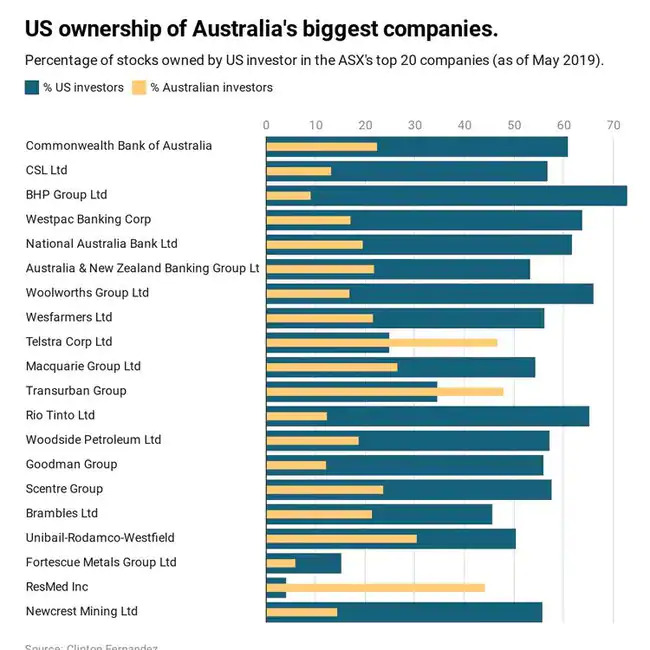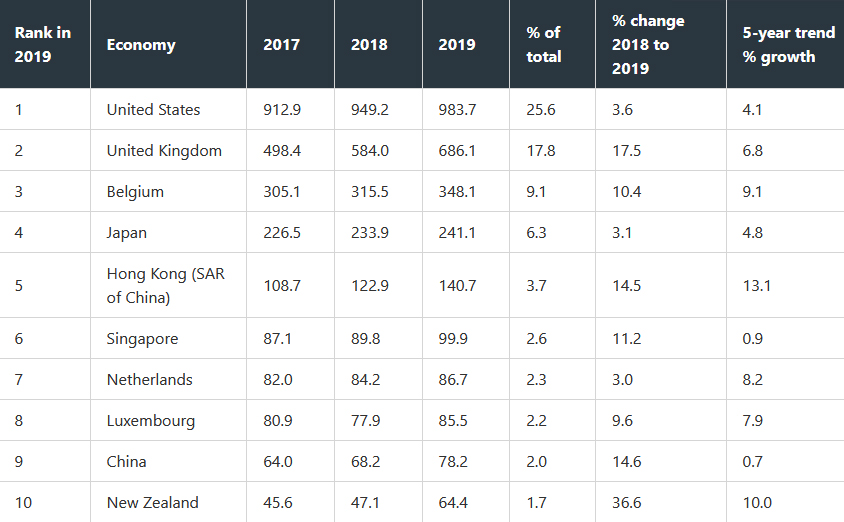
Dave Bell has raised some important issues in his piece for Green Left: What is China’s place in the world economic and political system; what is its influence in Australia; and how should socialists relate to it?
The Socialist Alliance resolution and my article in Links international journal of socialist renewal argues that Western imperialism, led by the United States, is waging a cold war campaign against China. This involves both harsh trade sanctions and a big military build-up.
The reason for this campaign is that China’s rapid economic, technological and military development has reached a point where it seriously threatens Washington’s interests.
We cannot be neutral in this struggle, but must strongly oppose the US-led campaign — notwithstanding the repressive capitalist nature of the Chinese regime.
Who dominates the world?
Bell asserts that China is “not a victim” of Western imperialism.
Historically, that is completely untrue. However, today China is becoming too strong to push around and that fact underlies the current US-led cold war against it.
However, somewhat surprisingly, Bell admits that: “Given the brutality of the United States over the last 100 years, a strong Chinese defence capacity is merited”.
Bell also says: “A pox on both their houses”. That position is dead wrong. We can be critical of both countries, but they occupy radically different positions in the world power system.
The reality is that US-led Western imperialism dominates the world.
A few basic facts serve to illustrate this. Enabled by its domination of the SWIFT international payments system and the special status of the US dollar, Washington can impose sanctions on any country and make them bite deeply. China and Russia are trying to develop a way around this, but they are a long way from a real alternative.
Far outstripping any empire in history, the US has 800 bases in 130 countries, with 160,000 troops. Junior partner Britain has 145 bases in 42 countries.
Who owns Australia’s top companies?
Bell asks “Is it scaremongering to alert Australians to the take-over of our electricity retailers, ports, National Trust buildings, manufacturing companies and prime real estate?”
Let’s look at who does own Australia and who we should be most worried about.
Researcher Clinton Fernandes outlined some key facts in his September 2019 Conversation article. “Right now, US corporations eclipse everyone else in their ability to influence our politics through their investments in Australian stocks.
“Using company ownership data from Bloomberg, I analysed the ownership of Australia’s 20 biggest companies a few days after the 2019 federal election in May. Of those 20, 15 were majority-owned by US-based investors. Three more were at least 25% US-owned.
“According to my analysis, all four of our big banks are majority-owned by American investors. The Commonwealth Bank of Australia, the nation’s biggest company, is more than 60% owned by American-based investors.
“So too are Woolworths and Rio Tinto. BHP, once known as ‘the Big Australian’, is 73% owned by American-based investors.
“The ASX’s top 20 companies make up close to half of the market capitalisation of the Australian Securities Exchange.”
Who are our biggest overseas investors?
According to figures released by the Department of Foreign Affairs and Trade, at the end of 2019 foreigners had invested $3.8 trillion in Australia. The US accounted for 25.6% of this and Britain, 17.8%. China (including Hong Kong) made up 5.7% of the total.
At the end of 2020, Chinese interests held 9.2 million hectares, or 2.4%, of agricultural land in Australia. The next largest overseas landholder was Britain with 8.2 million hectares. The figure for China hardly warrants the hysteria generated.
The country with the greatest economic influence in Australia is the United States. Australia is in a close military-intelligence alliance with the US and hosts a number of key US bases.
Washington has undoubtedly recruited all sorts of agents and collaborators from political, corporate, academic, media and trade union circles. In 1975, the CIA helped topple the mildly reformist Gough Whitlam Labor government.
Whatever China is doing, or trying to do, it is undoubtedly a long, long way behind the US in the influence stakes.
What should we do?
What should be our attitude to our economy and overseas investment in Australia, whether from the US, China or anywhere else?
A few key points:
• The commanding heights of the economy must be publicly owned and under democratic control.
• There should be a state monopoly of foreign trade to protect our economy and ensure that any benefits flow via the state to us. Any foreign investment should be a joint project with the state under strict controls and limits.
• The land (and any mining on it) should belong to us — not to the capitalists, of any origin.
• Similarly, the national housing stock should be reserved for people who live here. Foreign ownership should be banned. The state should build quality public housing on a massive scale to end homelessness, house everybody who needs it and end capitalist property speculation and rent gouging.
Military and intelligence posture
The armed forces should be reconfigured to actually defend Australian territory against realistic threats, rather than built around “interoperabilty” with the US war machine or projecting imperialist power in the Asia-Pacific region.![]()
Australia should withdraw from all collaboration with the US war machine — that is, leave ANZUS and the Five Eyes group, and close all US bases here.
Australia should declare its neutrality from all imperialist alliances and pursue a peaceful foreign policy.
[Dave Holmes is a member of Socialist Alliance. A longer version of this piece appears in Links: International Journal of Socialist Renewal.]

